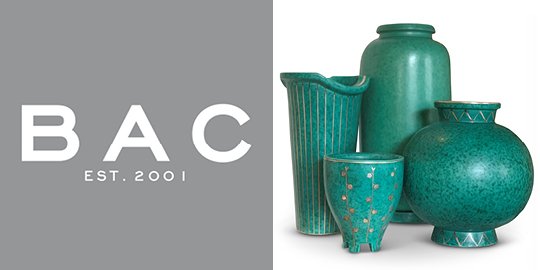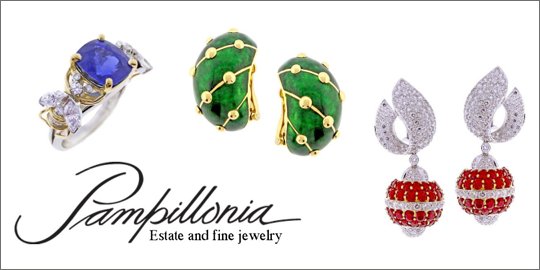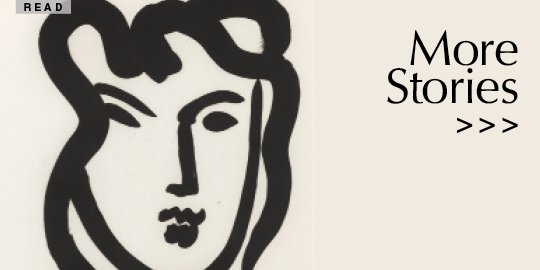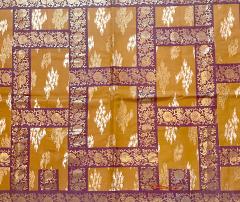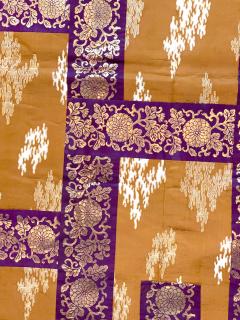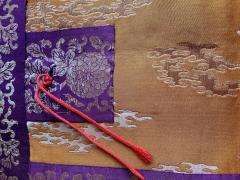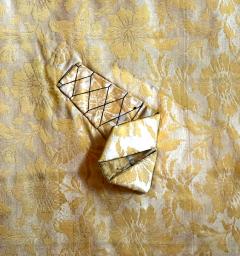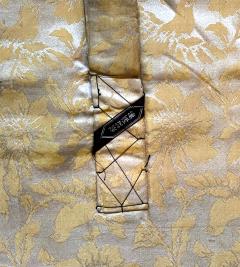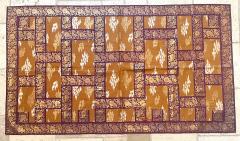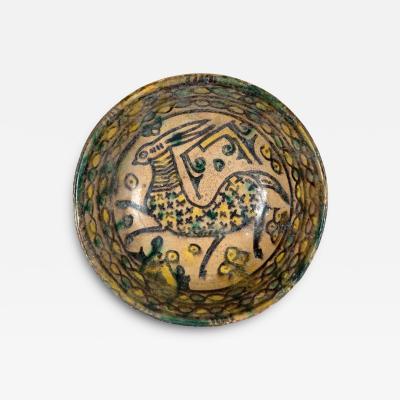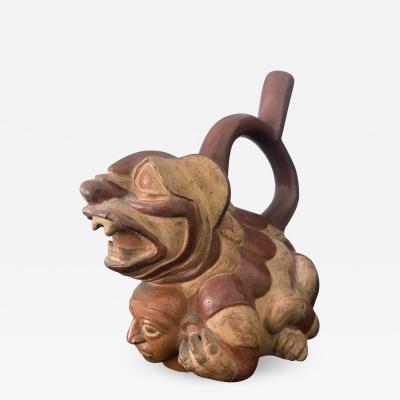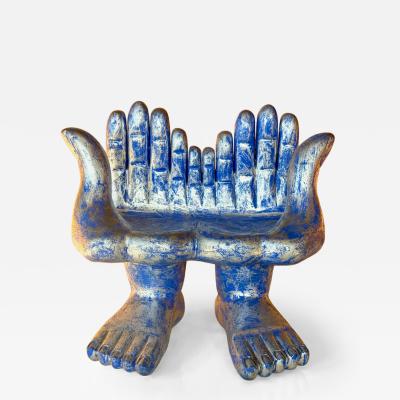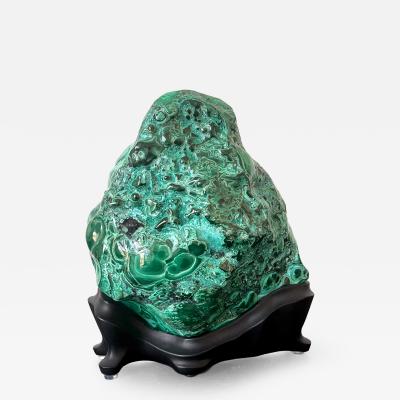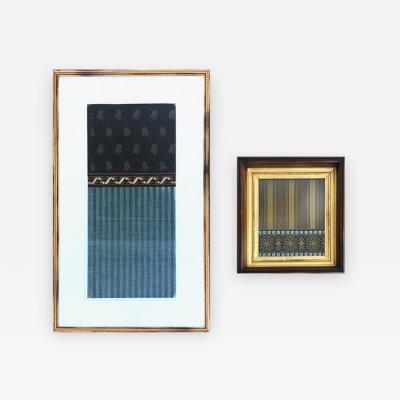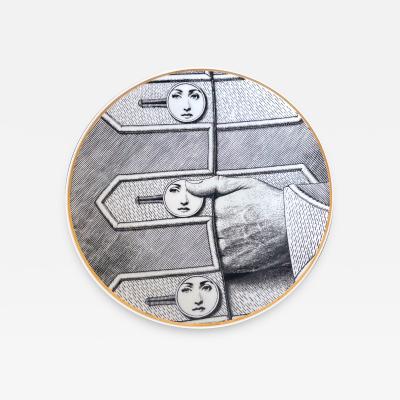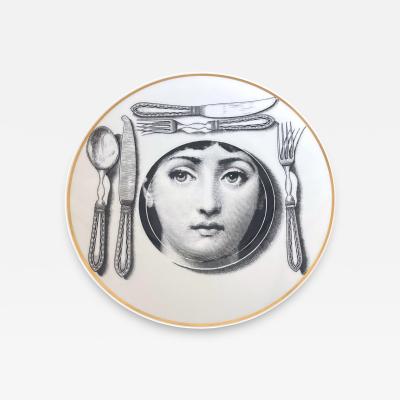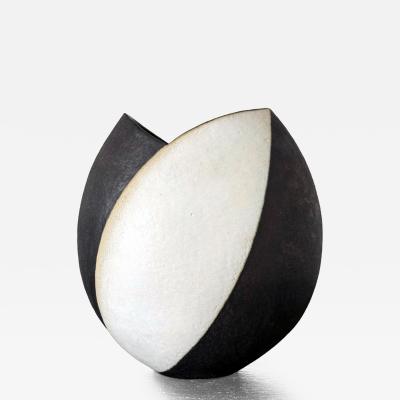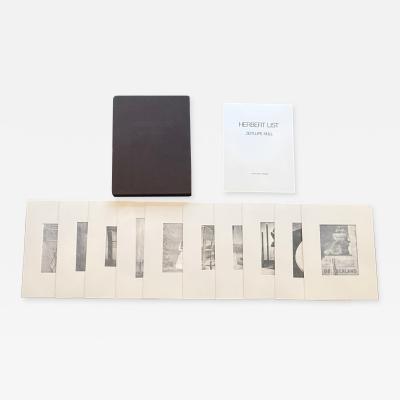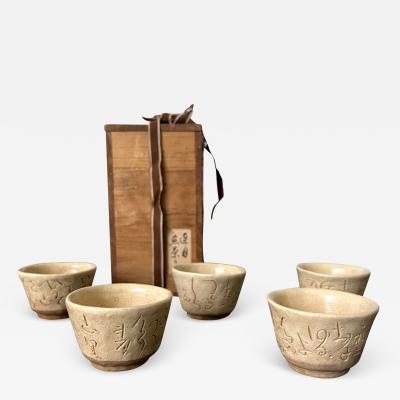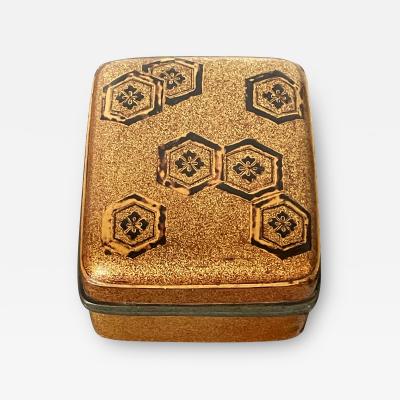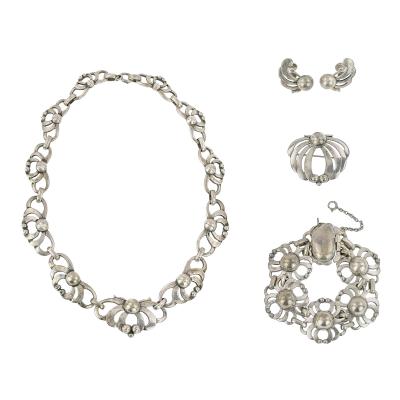-
FINE ART
-
FURNITURE & LIGHTING
-
NEW + CUSTOM
- Featured Bespoke Articles
- Hélène de Saint Lager’s Designs…
- Amorph-Where wood comes to life
- Markus Haase: Translating Artistic...
- Trent Jansen: Design Meets Heritage
- Hoon Moreau: Sculptural Poetry
- Kam Tin: The Art of Modern Baroque Furniture
- Gregory Nangle and Outcast Studios
- Roman Plyus Designs Furniture That’s…
- Ervan Boulloud: Daring Ingenuity
- Julian Mayor: Mirror Image
-
DECORATIVE ARTS
- JEWELRY
-
INTERIORS
- Featured Projects
- East Shore, Seattle, Washington by Kylee Shintaffer Design
- Apartment in Claudio Coello, Madrid by L.A. Studio Interiorismo
- The Apthorp by 2Michaels
- Houston Mid-Century by Jamie Bush + Co.
- Sag Harbor by David Scott
- Park Avenue Aerie by William McIntosh Design
- Sculptural Modern by Kendell Wilkinson Design
- Noho Loft by Frampton Co
- Greenwich, CT by Mark Cunningham Inc
- West End Avenue by Mendelson Group
- Interior Design Books You Need to Know
- Distinctly American: Houses and Interiors by Hendricks Churchill and A Mood, A Thought, A Feeling: Interiors by Young Huh
- Robert Stilin: New Work, The Refined Home: Sheldon Harte and Inside Palm Springs
- Torrey: Private Spaces: Great American Design and Marshall Watson’s Defining Elegance
- Ashe Leandro: Architecture + Interiors, David Kleinberg: Interiors, and The Living Room from The Design Leadership Network
- Cullman & Kravis: Interiors, Nicole Hollis: Artistry of Home, and Michael S. Smith, Classic by Design
- New books by Alyssa Kapito, Rees Roberts + Partners, Gil Schafer, and Bunny Williams: Life in the Garden
- Peter Pennoyer Architects: City | Country and Jed Johnson: Opulent Restraint
- The Elegant Life by Alex Papachristidis and More is More Is More: Today’s Maximalist Interiors by Carl Dellatore
- Extraordinary Interiors by Suzanne Tucker and Destinations by Jean-Louis Deniot
- Shelf Love: The Year's Top New Design Books
-
MAGAZINE
- Featured Articles
- Northern Lights: Lighting the Scandinavian Way
- Milo Baughman: The Father of California Modern Design
- A Chandelier of Rare Provenance
- The Evergreen Allure of Gustavian Style
- Every Picture Tells a Story: Fine Art Photography
- Vive La France: Mid-Century French Design
- The Timeless Elegance of Barovier & Toso
- Paavo Tynell: The Art of Radical Simplicity
- The Magic of Mid-Century American Design
- Max Ingrand: The Power of Light and Control
- The Maverick Genius of Philip & Kelvin LaVerne
- 10 Pioneers of Modern Scandinavian Design
- The Untamed Genius of Paul Evans
- Pablo Picasso’s Enduring Legacy
- Karl Springer: Maximalist Minimalism
- See all Articles
Showrooms
Antique Silk Kesa Monk's Patched Robe Meiji Period
$ 5,000
-
Tear Sheet Print
- BoardAdd to Board
-
-
Description
Kesa, known as "Jiasha" in Chinese and "Kasaya" in Sanskrit, is an out-layer garment worn by the ordained Buddhist monks. Bearing a basic rectangular form, it developed originally in India where monks used scraps of discarded fabric to patch into a robe that was deemed scared. Kesa was worn above the left shoulder, wrapped under the right armpit and draped along the body. Originally dyed dark colors to stand out in tropical Indian weather, the garment was an identification with the ascetic nature of the monkhood. With Buddhism spread to other Asian countries such as China, Korea and Japan, this tradition of wearing kesa remained to this day. The fabrics used in creating kesa, however, was no longer rags, but gradually became luxurious due to the donation from the worshippers and benefactors of the temple. Paradoxically, the acetic aspect was maintained in the standard patched construction. Within the border, kesa was sewn together in vertical columns, from five to up to twenty-five, with seven being the most common. The higher the number, the more formal and the higher rank it may indicate of the wearer. Sometimes, six patches were placed on top, with four on corners and two flanking the middle, symbolizing the four cordial guardians and the bodhisattvas within the heart.
The kesa on offer is an authentic piece dated to Meiji Period (late 18th century to 19th century). Featuring seven columns within wide borders, it was patched from pieces of golden silk finely woven with cloud patterns. The wide border was a brilliant purple silk with intricate chrysanthemum motif. The backing silk is of a light yellow with woven birds and hibiscus flower pattern. There are two red tassels sewn to the front and two loops on the back, but they may be later replacement. One of the loops on the back has a maker's label (Fujimoto made this with care) and also a small red seal was found on the back.
The kesa is loose therefore requires framing for idea display. It ships easily folded up. -
More Information
Origin: Japan Period: 19th Century Materials: silk brocade Condition: Fair. Small loss and rip on the backing silk, slight fading on one end of the back, threading on some edges. Preserved and present well. Creation Date: 19th century Styles / Movements: Asian, Traditional Patterns: Asian/Oriental, Florals/Botanical, Geometric, Handmade Incollect Reference #: 625768 -
Dimensions
W. 79 in; H. 44 in; D. 0.1 in; W. 200.66 cm; H. 111.76 cm; D. 0.25 cm;
Message from Seller:
Tishu, based in Atlanta, GA, offers a diverse collection ranging from Neolithic art to 20th-century collectibles, with a focus on Mid-century design, Japanese and Korean art, Asian textiles, and Contemporary Aboriginal art. Driven by a passion for timeless beauty, the gallery is open by appointment only and offers works that span 5,000 years of history. Reach them at 305-400-0561 or tishu@tishugallery.com.
Sign In To View Price
close
You must Sign In to your account to view the price. If you don’t have an account, please Create an Account below.
More Listings from Tishu View all 1100 listings
No Listings to show.
- Islamic Buff Ware Slip Paint Ceramic Bowl with Animate Design Nishapur
- A Fantastic Pre-Columbian
- Rare Joined Hand and Foot Surrealism Sculpture by Pedro Friedeberg
- Indian Antique Carved Marble Ganesh Statue
- Natural Malachite Rock on Display Stand as Chinese Scholar Stone
- Art Nouveau Wallpaper Samples from Vienna Austria
- Ceramic Julia Dinner Plate by Fornasetti for Rosenthal
- Ceramic Julia Dinner Plate by Fornasetti for Rosenthal
- Large Ceramic Vase with Black and White Glaze by John Ward
- Complete Herbert List Editioned Portfolio Zeitlupe Null
- Set of Five Ceramic Tea Cups by Otagaki Rengetsu
- Antique Japanese Lacquered Incense Box Kobako Ex-Christie's
- Rare Sterling Silver Jewelry Suite by The Kalo Shop
- Korean Ceramic Ritual Offering Stemmed Dish with Inscription Joseon Dynasty








